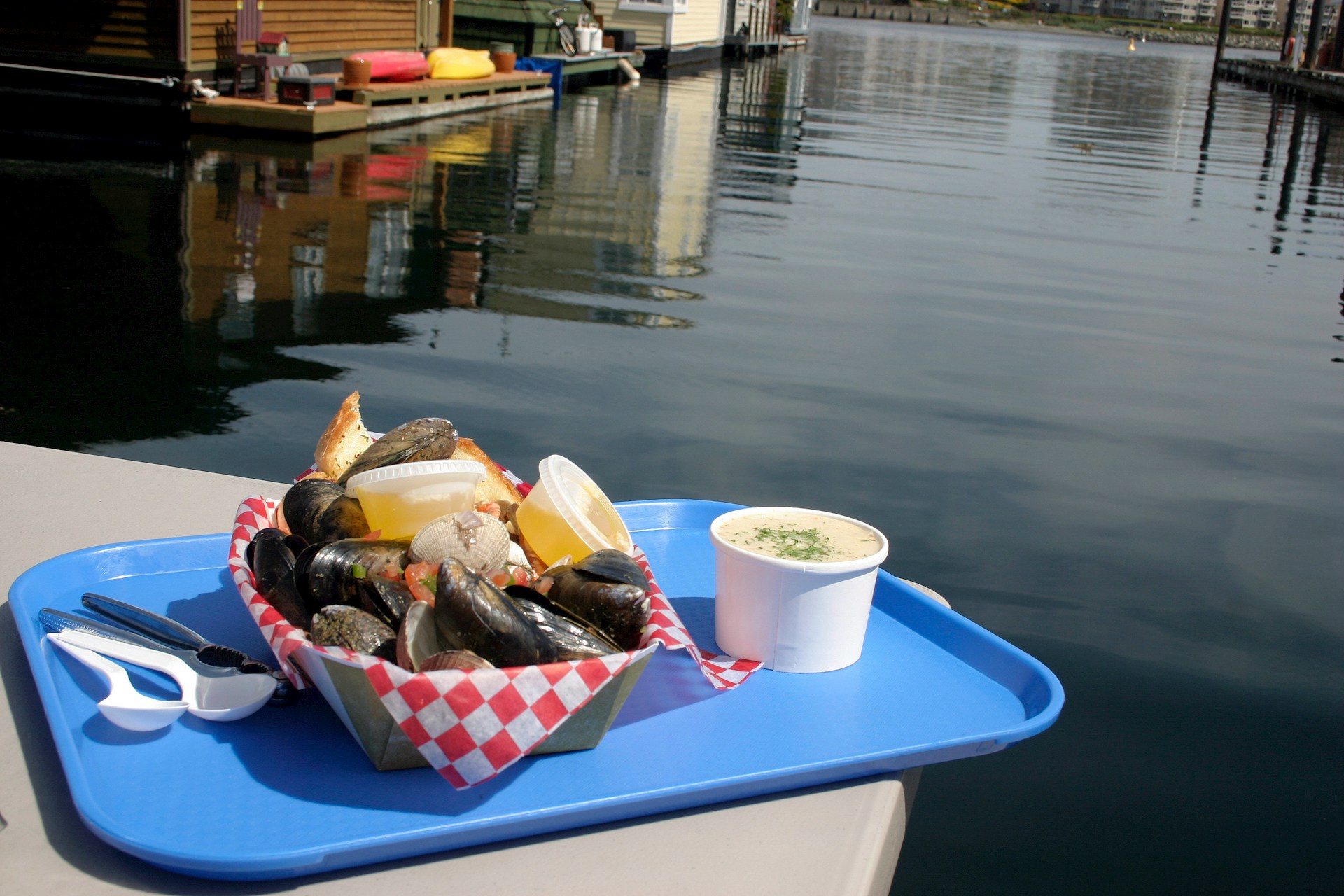Let’s face it, you love that Cape property of yours. You love spending time there. And you love that it can also make a nice income for you, thanks to summer Cape Cod summer vacation rentals. But before your vision gets too clouded by dollar signs, let’s get realistic about rates.
We know it can be hard to be objective, but you have to look at renting your home like running a small business. In order to maximize your success, the price has to be right.
And that’s not what you think it’s worth, but what the market tells you it’s worth.
Go online to sites like Homeaway.com or VRBO.com, and enter the criteria they ask form as if you were looking for a property such as yours. Use dates for a prime, mid-summer week. Fill in the number of bedrooms and all that. Then carefully analyze the properties that come up in your search. Pick a few that look and feel as much like yours as possible, remembering that location is of paramount importance to a rental guest. Your house might compare favorably with another you find online, but if that house is a two-minute walk to the beach while yours is more like a 10-minute walk, well, we know which house will command a significantly higher rental fee.
Here’s another obvious, but important factor to remember: the weeks you can realistically hope to rent and the rates you can expect to get for them are driven by the school calendar. Sure, you know that June and September can be the very best times of the year on the Cape. The weather can be summer-like, and the roads, restaurants and beaches aren’t crowded. So people should want to rent your property then and be willing to pay handsomely for it, right? Just one problem: most private home vacation rentals on Cape Cod are booked by families with school age children. And when schools are in session, most families can’t take off for a week or more on the Cape.
So before and after July and August, the market for renting your property (and everyone else’s) gets pretty skimpy. Low demand, high supply – naturally adds up to lower rates, in most cases much lower rates. We find that off-season weekly rental rates on the Cape are often wisely set as much as 50% lower than prime summer weeks.
Off-season means shorter stays.
We just said it’s not easy to rent weeks in June and September, and it’s even harder if your rates are too high.
But here’s a strategy we’ve seen work for some owners.
Promote stays of only three or more nights vs. renting only by the full week. Families and even couples without kids who would never consider taking a week will sometimes take off for a three or even four-day weekend. And here’s the thing: many folks are willing to pay a bit more per night for these shorter term stays than your off-season weekly rate would indicate. You’re accommodating their schedule and actually breaking up two potential week-long rentals by giving them a weekend. They’ll pay a premium for that. You can also add on the cleaning fee in many cases.
Prime vs. Super-Prime
The typical “prime” or “peak” summer rental season on the Cape runs from about the last week of June through the last week of August, depending on when schools actually dismiss for the summer. But not all of those nine or so weeks need to be treated equally from a pricing standpoint. For example, the first week or two in July and the last week in August are almost always the slowest to book. We see that pattern play out every year. So you might end up adjusting your rates a bit to fill those weeks.
At the same time, we’ve noticed that the last two weeks in July and the first two in August almost always book faster than any others. So you might consider pricing those weeks a big higher than your other prime weeks. We’ve seen that strategy pay off for many owners.
Rate adjustment is part of the game.
It makes sense to be somewhat rate aggressive when it’s November or December or even January and February. But when March and April roll around and you’ve still got more than half your prime weeks still open, you might want to consider a rate adjustment. Discounting your rates, even a little, gives you news to promote. Don’t be bashful – put it in your headline. “New, lower rates for peak summer weeks!” “Save up to $500/week!” You get the idea.
Returning guests are good, but not gold.
There’s a lot of good things about guests who return to rent your property year after year. They are proven performers, which is good for your peace of mind. They are seldom high maintenance. They know the property and usually don’t need or ask for a lot during their stay.
They are also often a source of positive referrals to their friends and family, leading to additional booking opportunities for your property.
But here’s the bad news: returning guests typically expect to pay the same rate they’ve always paid. Meanwhile, you’ve been steadily improving the property – maybe renovated the kitchen or baths or both. Maybe new furnishings, a new TV or added a screened porch. Any and all upgrades add to your cost, not to mention taxes, utilities, insurance and other costs, which go only one way – up. As long as you remain price competitive with other rental properties of your ilk, you have every right to expect a rental rate increase. You may find, however, that your loyal returning guests do not quietly accept the new rate. Each party feels the other is taking advantage. We understand that this situation can be quite unsettling for both owner and guests. Often we find that the following approach works best to soften the blow.
Explain to your returning guests that you have to raise the rates to keep up with cost increases to maintain and upgrade the property. Give some examples of costs (categories, at least) to achieve credibility. Present the new rates for first-time guests, but quickly add that for returning guests, the rate increase is less for the upcoming summer – maybe only half as much. The following year, you can take the returnees up to the full new rate, or go longer with the special treatment for them, as you see fit.
If you own a truly select Cape Cod property with high rental appeal, and your rates are market competitive, don’t worry too much about losing returning guests. There are plenty of vacationers looking for and willing to pay for a property like yours.



